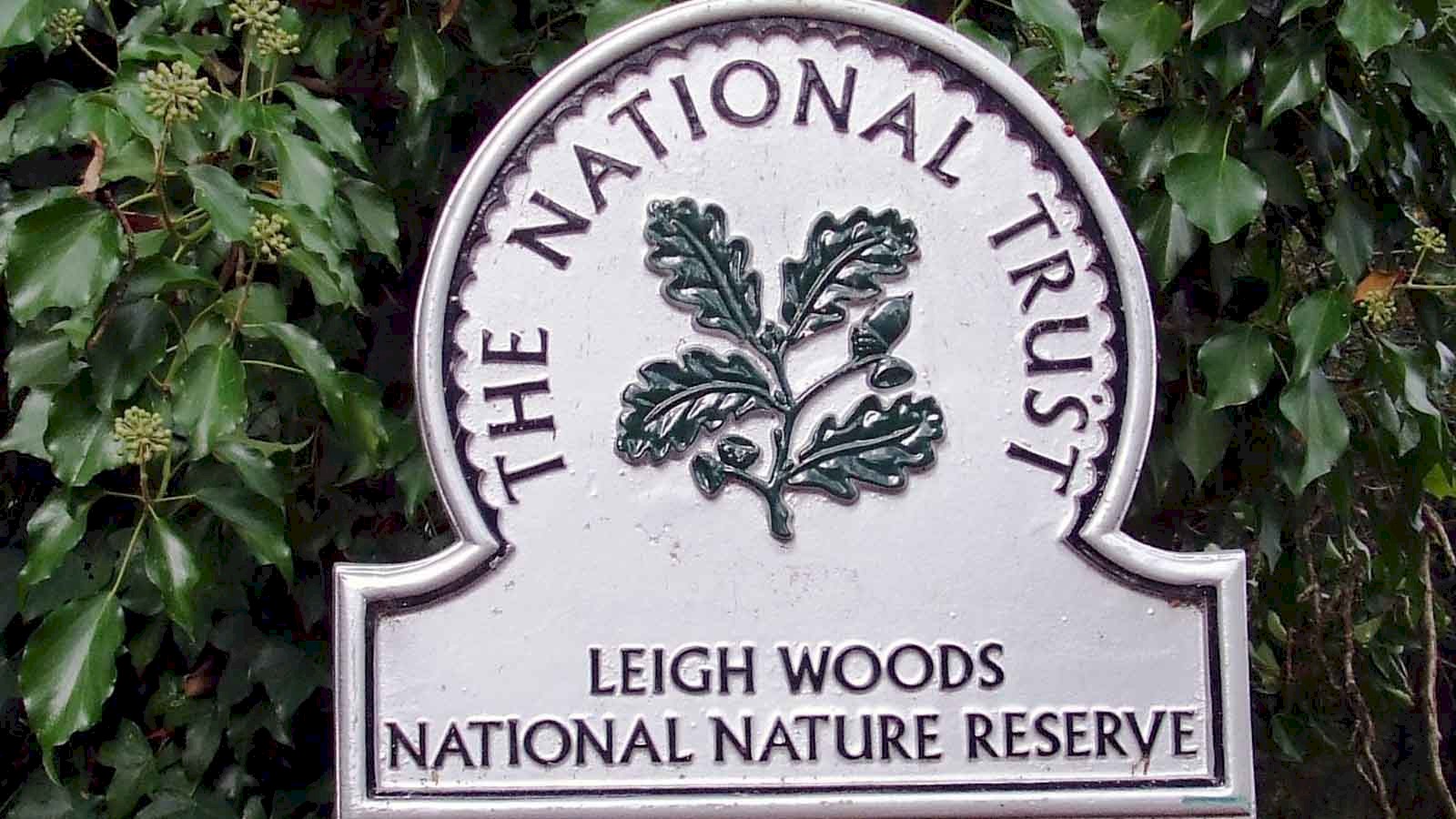Those of you involved in the outdoor industry will undoubtedly be aware of a recent move by the National Trust to introduce a licencing scheme for the commercial use of its land. Many hasty and frankly ill-informed respondents to the proposal have argued that this is questionable for non-access land but surely illegal on open access land itself. Hopefully I can debunk some of the myths and highlight some of the grey areas we operate in on a daily basis.
Open Access Land is defined by the Countryside Rights of Way Act (2000) as land where we as individuals can exercise our "Right to Roam". But does that mean we can do whatever we want on this land? No - it doesn't. In general you are allowed to walk, run and climb on access land with some landowners also permitting horse riding and cycling on a local basis. Camping is also generally not allowed with the exception of some common land on Dartmoor where it is legally allowed as long as you abide by the code of conduct. In the rest of the UK responsible wild camping is often tolerated, but not legal unless you have the landowner's permission.
In terms of private access then the National Trust can't legally charge you to walk, run or climb on its land as long as it is designated open access land and you are a private individual or a group of private individuals exercising your right to roam. The same goes for public rights of way, which may also allow a statutory right to cycle, horse ride or even drive on them. However the CRoW Act (2000) specifically mentions commercial activities as being prohibited unless locally permitted.
It is this part of act that the National Trust are now using and planning to "enforce". The CRoW Act 2000, schedule 2(1) states:
1 Section 2(1) does not entitle a person to be on any land if, in or on that land, he—
(...)
(s) engages in any organised games, or in camping, hang-gliding or para-gliding, or
(t) engages in any activity which is organised or undertaken (whether by him or another) for any commercial purpose.
Unfortunately for us as outdoor providers this means we are now in a sticky situation. Legally the National Trust can indeed revoke the unspoken existing "agreement" of allowing instruction to take place on its land. Whether this is moral or not is a different question. The National Trust argue that increased pressure of use on their sites has necessitated a rethink in their strategy and ultimately led to commercial activities being singled out. Though many in the industry are arguing that the blanket licencing on all commercial activity is simply not fair and wrong. Many instructors use access land owned by the National Trust for instruction of best practise in the outdoors and the honing of skills designed to minimise damage to the land in future.
Then there is the issue of policing the licence. While it is fairly easy to spot a large commercial group, for the purpose of the day out any small instructor could simply advise clients to not mention any commercial arrangements and the group are simply out as friends. In fact the bigger question would be what the worst is that could happen to the instructor in question if the National Trust found out. Due to their setup as a trust they are unable to legally enforce fines since all income has to be through charitable means. So the trust can then revoke the right of access for an individual on all of their land through the CRoW Act 2000, s1(4), though only for 72 hours. The act itself does not make any mention of fines. So if an individual is considered to be trespassing, what could be done further? According to the Crown Prosecution Service, not a lot unless the party involved becomes abusive, obstructive or has intentionally damaged the land in question.
So where does this leave us as instructors? The BMC are already working for us in trying to negotiate some of the terms of the licencing agreement. Their fear is that once the National Trust has made a firm commitment past the current pilot, other landowners will follow suit. While the idea of paying a small fee to one landowner may not seem too bad the problems here could easily multiply where landownership is more segregated and multiple landowners expect a share of the pot. Further, despite the CRoW Act specifically excluding landowners from liability in most cases the act does not cover the provision of paid licences. This in turn could place landowners at an increased liability with potentially costly consequences. Further the BMC are arguing that all educational activity whether commercial or not should be exempt from the licencing as it allows future users of the outdoors to be educated appropriately, ultimately benefiting everybody further down the line.
All in all the best thing to do at this point is to not stay silent and instead write to your local National Trust and the BMC to ensure we as small businesses still have a future. Ultimately this includes our clients as well since most increases in cost to us have to be passed down to them given the small margins we already operate under. It remains to be seen whether the contributions already made by many of us to the National Trust will shrink in years to come as their costs increase in having to administer and police this licencing scheme. It also remains to be seen whether visitor numbers in general may dwindle at some sites where operators are taking their clients elsewhere to avoid the fee. Maybe though the whole storm will blow over quickly and some operators will pay while others will ignore the National Trust completely. Whatever the outcome your private enjoyment will remain free thanks to our "Right to Roam".
For those of you who want to read the full CRoW Act (2000) or simply want to double check things: CRoW Act (2000)


Leave a comment